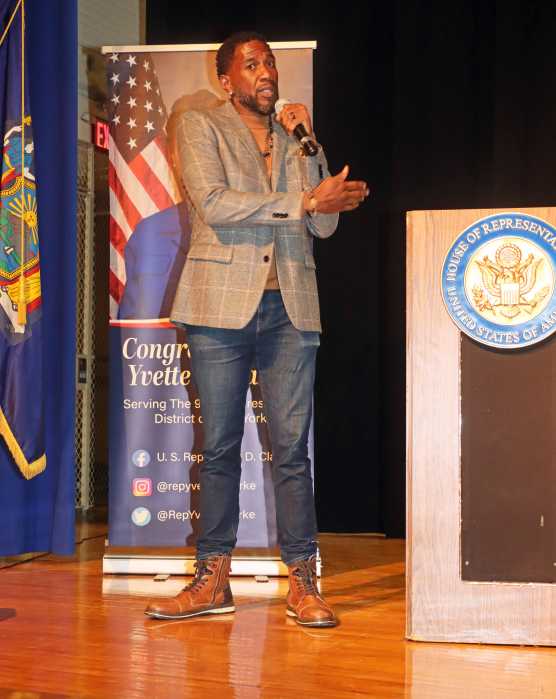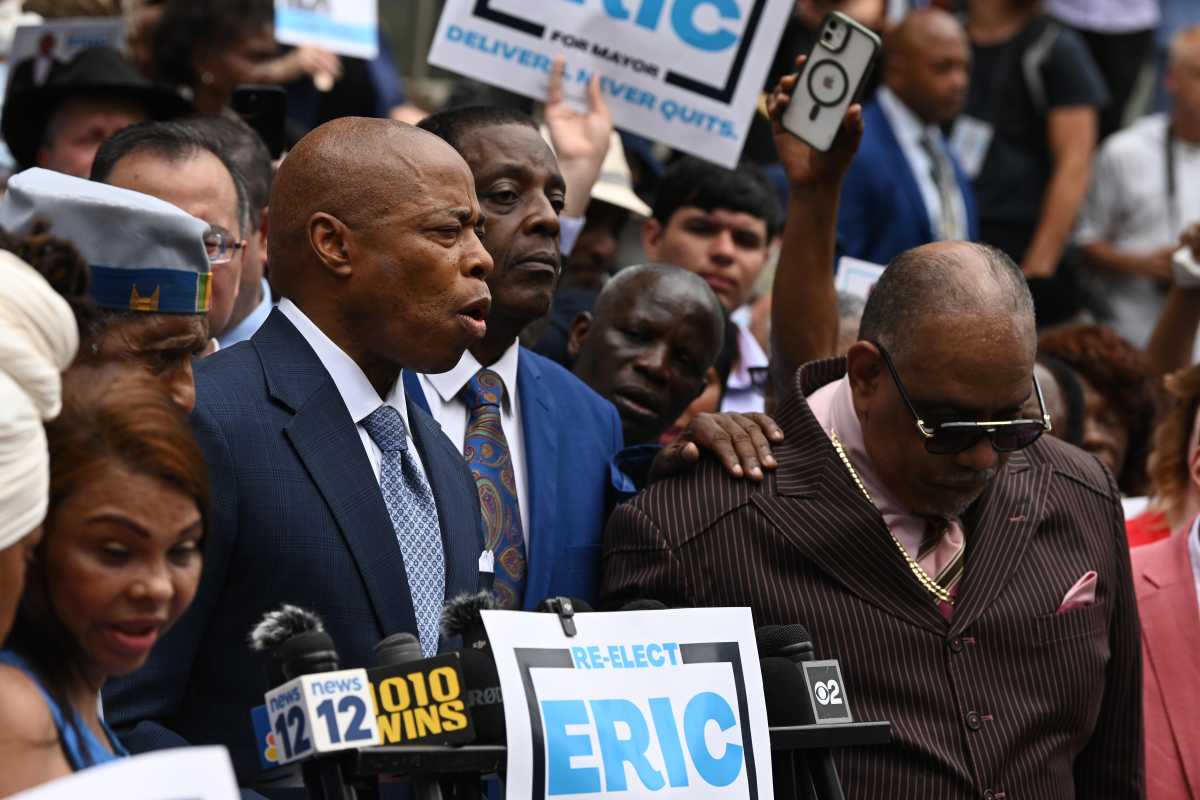It’s money pooling the modern way.
A new app is going to make the traditional way of pooling money, commonly known as sou sou, easier. Haitian-American economist, Sophonie Saint Felix, is launching a digital version of the centuries-old rotating money loan method with Community Banking (COBA). Sou sou is a term referring to an informal money saving system, known as such in many Caribbean countries. In many parts of the world, this form of loaning and saving is the preferred choice over banking — as it helps people unable to borrow from banks, access a large amount of money.
The COBA platform is aiming to be the more modern and efficient option of borrowing and saving money among trusted people. And unlike common practices of sou sou, COBA will work to help its users earn some financial gain.
“In typical sou sous, people usually get back what they put in, but with our method you’ll earn interest,” said Saint Felix.
Normally, a sou sou consisting of 10 people contributing $100 weekly or biweekly, could go on for two or four months. The designated holder of the money, also known as the treasurer — is responsible for keeping a record of payments and creating a schedule of payouts agreed upon by every member of the pool. Therefore, whoever is assigned the first lump sum payout, also known as hand, gets $1,000 the first payout week, and subsequently each week another member gets theirs. This creates additional opportunity for members getting their hands much later in the sou sou, according to Saint Felix.
The function of COBA is to reinvent this old-fashioned way of money pooling and frame it into a digital user interface program that electronically manages and processes the customary hands-on dealings of the system. Saint Felix says the commission-based app, that charges 2.5 percent per payment will also ease the role of the treasurer and ensures that person gets a benefit.
“Treasurers always get paid a few dollars by every member just for holding the money, but what we would do is hold the money for them through the site and also take on all the technicalities of the sou sou,” she said.
With COBA, users will be able to join and contribute only to a trustworthy group of members that everyone is aware of. The site’s algorithm ensures that a group can be created through someone’s contacts, or allow each member to see who is in the pool, according to Saint Felix.
She said this transparency will remove some initial hesitancy poolers often had about being in a pool. Because the app identifies who is who and each person’s lump sum day, this forces more responsibility on behalf of the holder.
“Anyone can try and put away money but when you’re in a sou sou — people are holding you accountable to pay every week,” said Saint Felix. “But we want to make this transparent so everyone will be able to see everybody in the group, the schedule, and when someone is getting their lump sum.”
Further openness of the app, requires that any and all changes to a schedule must be pre-approved by the entire group.
This type of candidness is important to Saint Felix. Growing up, her family often used the method as a means for quick cash and continues to participate. But with lots of experience with pooling, she is also familiar with the downsides of it, which can include the late payments of its members and other issues. But with automatic payments and reminders, all the second guessing is not a concern.
And not only will COBA be a readily accessible place its users can connect to and see their pool, the platform is also going to eventually play a role in credit-building. Saint Felix adds that because most members of a sou sou are contributing weekly, and are often part of the pool because they cannot take out loans — the app will operate similarly to credit payments and the positive results it rewards to exemplary credit holders.
“We want to use this to help people build their credit and we will report to credit bureaus showing people making on time payments,” said Saint Felix.
Notifying banks of potential or prospective customers is a viable way to close disparities that often affect people of color and their finances, added Saint Felix.
“The app will allow banks to know the people who are trustworthy because the typical sou sou promotes big spending or saving, so bankers will know that these people are making some form of on-time payments and can eventually open an account with them,” she said.
She hopes to fully launch the app by June, and is currently partnering with investors.




























